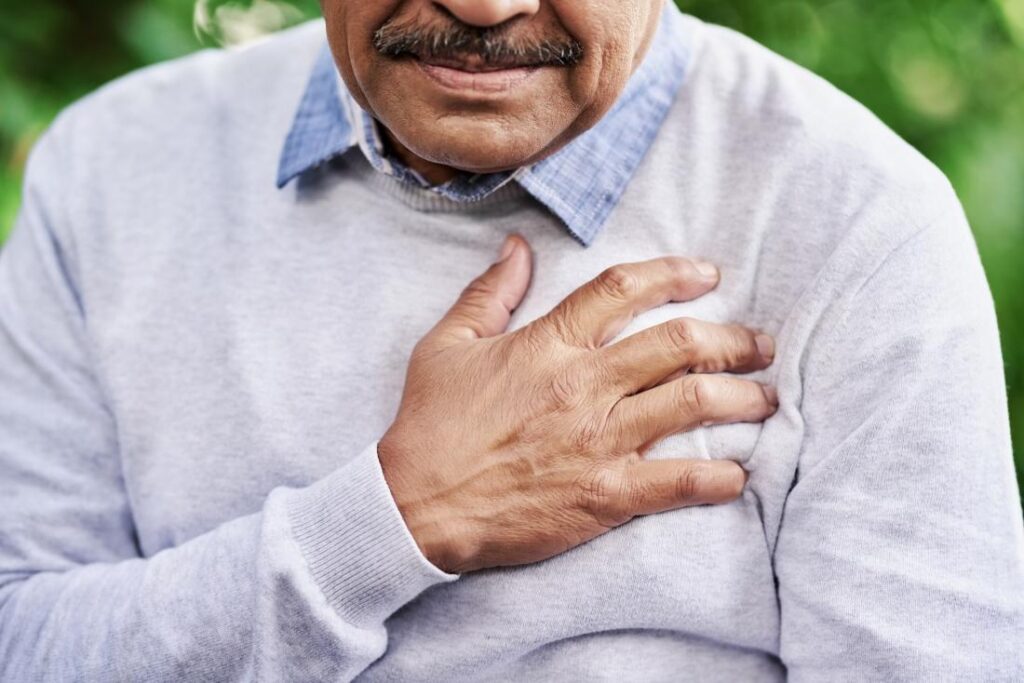Cardiopulmonary is a life-saving medical service that provides emergency services and necessary cardiological treatment. Cardiopulmonary experts are people who have a great understanding of how the heart and lungs work. There is no shortage of ways to improve your skills in a world where highly demanded cardiopulmonary experts. However, cardiologists are the doctors who diagnose and treat cardiovascular illnesses. The most important thing they do is make sure that patients get appropriate care for their diseases, including surgery or medication. Every day, they work with patients to monitor their hearts and provide care for any complications that may arise during this period of testing or treatment. Here are some tips for cardiopulmonary experts to sharpen their skills.
- Identify Signs and Symptoms Of Distress
Not every attack happens sporadically. Some episodes have telltale signs. For example, if a person goes into an epileptic seizure, their eyes may get glazes. Their body seizes, and they may suddenly collapse. The same goes for someone going to have a heart attack. Sudden intense pain can shoot up their pain, indicating an oncoming attack. Instead of waiting for the attack, they may jump right into helping.
- Must Hold A Certification
CPR and most emergency life-saving techniques can be easily acquired by enrolling in the right course and getting certified. However, most CPR workers learn advanced techniques to learn the ropes. Most professionals opt for ACLS courses after earning a degree in healthcare to help people during emergencies.
- They Attend Workshops
Workshops are the fastest way to keep yourself on your toes. These programs get designed to equip you with the latest technology and methods to provide emergency care. It also helps that any expert attending these workshops will also practice their new skills on medical dummies. For example, if someone is unique to the field, that can learn how to provide care to a child. A child’s body is much smaller and weaker than an adult’s. Too much pressure can hurt them. A mindful amount of pressure needs to get administered to bring a person back.
- They Know When To Stop
Pulling away from a person who isn’t coming back is difficult. However, these experts know when to stop. They know after how long they should expect a response. In case the patient is not responding, these professionals know how much longer they need to pursue. The reason these deadlines exist is that giving CPR is not easy.
- Have Enough Knowledge About Medicine
Some advanced forms of care need medicines. If someone is going through an overdose episode, experts know how to prevent the convulsions. Someone with primary care may not have enough knowledge or skill to administer medicines. These include giving an adrenaline shot. The angle of the shot matters, and so does the amount of dosage. These experts have vials on them at all times, and they know at what moment medicine is needed.
- Keep A Person Stable
If a patient is in the hospital, they can have an episode. It takes time for a medical practitioner to arrive at the scene. These experts can provide emergency care help while help is on the way. They can pump their chest manually, hold them down during epilepsy and even provide resuscitation for those struggling to breathe. The healthcare sector works in unison, providing care for a patient. So instead of waiting, they can keep a patient alive.
- Attend Seminars and Conferences
There are seminars and conferences for every sector. Cardiopulmonary experts also have workshops and conferences. These panels discuss the number of medical emergencies a country witnesses in a year. They also discuss what care methods are effective and what procedures need reviewing. It helps experts ensure that they’re following the proper protocol and not following techniques that don’t work. Seminars also provide experts with resources to help experts study up more. All of these experts can contribute to the betterment of their skills.
- Provide Mentorship To Others
Skills are best learned by teaching to others. Most cardiopulmonary experts provide mentorship to other experts. These include providing knowledge and education on what CPR is—demonstrating what to do and how to help a patient under crisis. Providing care also ensures making sure the scene is explicit and there is no harm insight. Mentorship also includes accompanying young experts on the scene till they’re confident to handle cases on their own. They can also encourage new experts to get certified and get better at cardiopulmonary skills.
Wrap Up
Cardiopulmonary experts are an essential part of the medical care sector. These experts know the signs and symptoms of when an attack is coming on. The short period that these patients have been saved because of experts’ timely response. These experts also hold information on medicine and body anatomy enough to provide care and medical intervention. One of the ways these experts make sure that they stay on top of their field is through courses. Picking up on these courses is just one aspect of becoming an expert. The second part is to make sure these professionals continue acting on these skills and harnessing them. They can also mentor other professionals and help them get better at their skills. All of these can help these experts take care of the medical sector.
